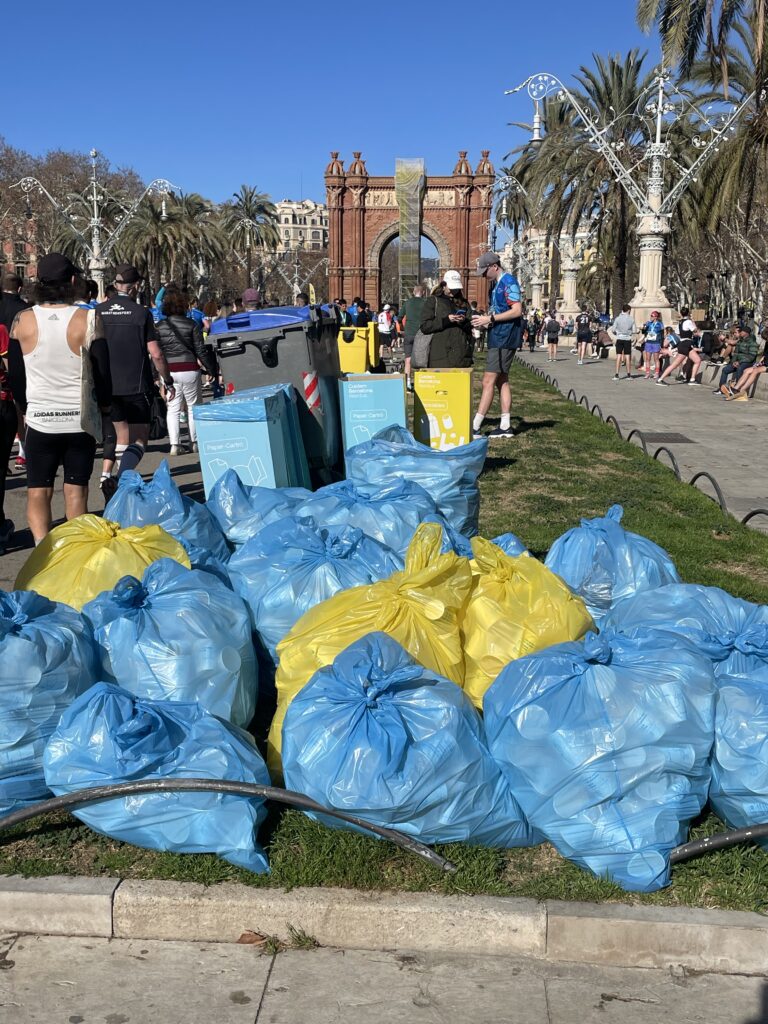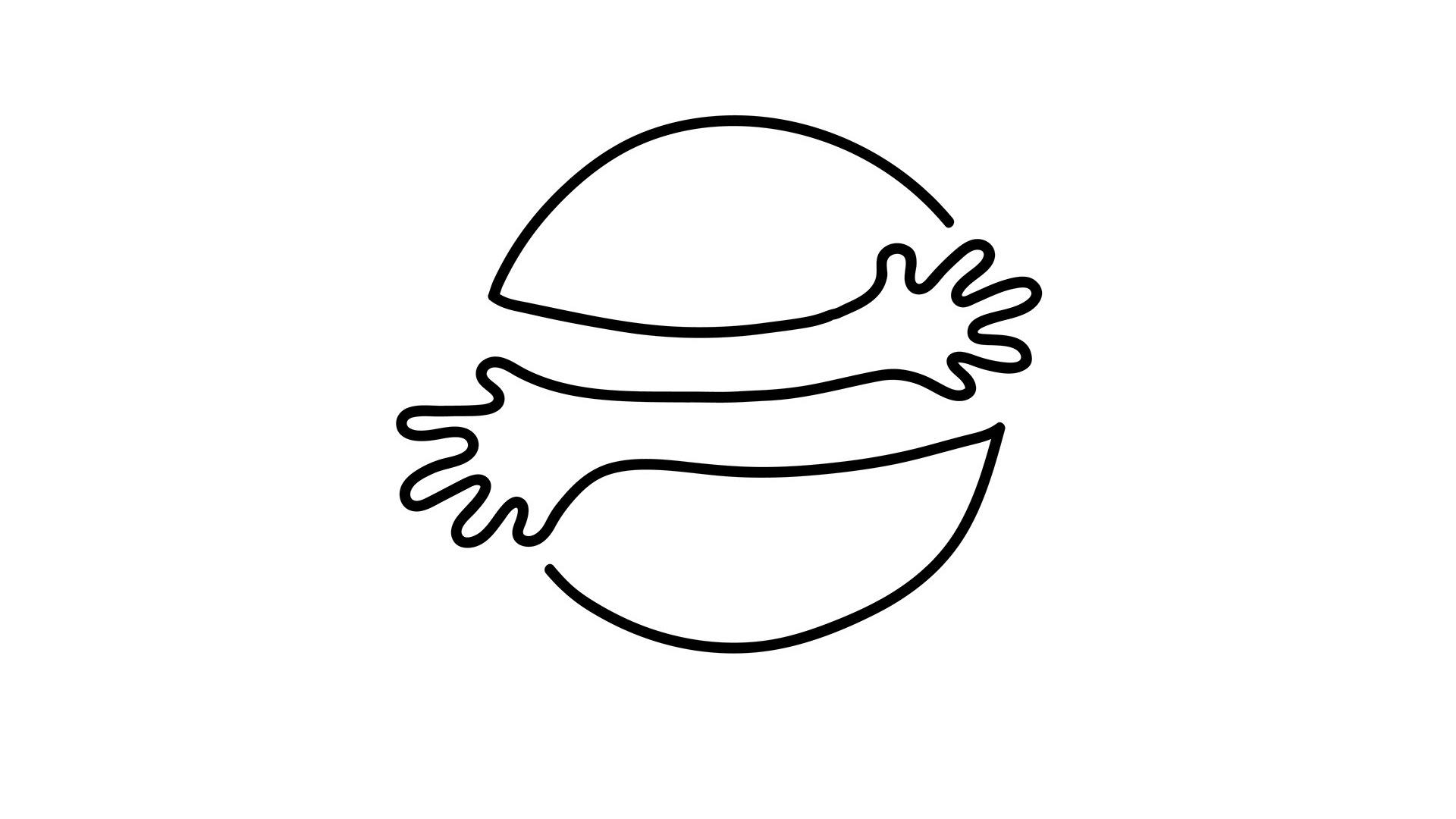What is “Subbotnik”?
“Subbotnik” is a community initiative inspired by the historical tradition of gathering on Saturdays (or designated days) for unpaid volunteer work. In this context, the project brings together locals, migrants, and tourists in Barcelona to engage in activities that both raise awareness about environmental issues and contribute practically to cleaning and maintaining public spaces. It’s a modern revival of a community spirit aimed at fostering social cohesion, sustainable practices, and environmental responsibility.
The project is fully funded by the EU and supported by the Association Sustainable Social Development “Impuls”.

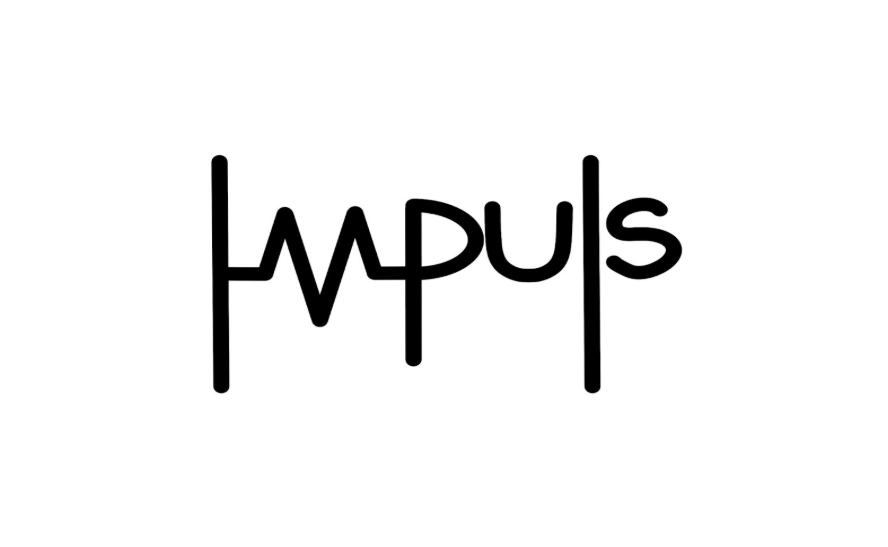
What are the Main Goals?
The primary objectives of the “Subbotnik” project include:
- Raising Awareness and Educating:
Develop a dedicated website with informative articles on topics such as sea pollution in Barcelona, the role of migrants in waste collection, and the city’s waste management systems. The project also includes creating reports and distributing posters/flyers to challenge stigmas and educate the public. - Practical Environmental Impact:
Organize hands-on activities like clean-up hikes in the mountains (e.g., Puigmal, Pedraforca), park clean-ups in local areas (e.g., Guinardó Park), and beach cleaning events in Barcelona. These efforts aim to physically reduce waste and improve the local environment. - Community Engagement and Social Integration:
Encourage active participation by a diverse group, including locals and migrants, to build a stronger community network. Activities are designed to foster teamwork, networking, and a sense of ownership over the local environment.
Promoting Sustainable Practices:
Support Barcelona’s broader vision of becoming a zero-waste city by highlighting innovative waste management practices and sustainable urban planning.
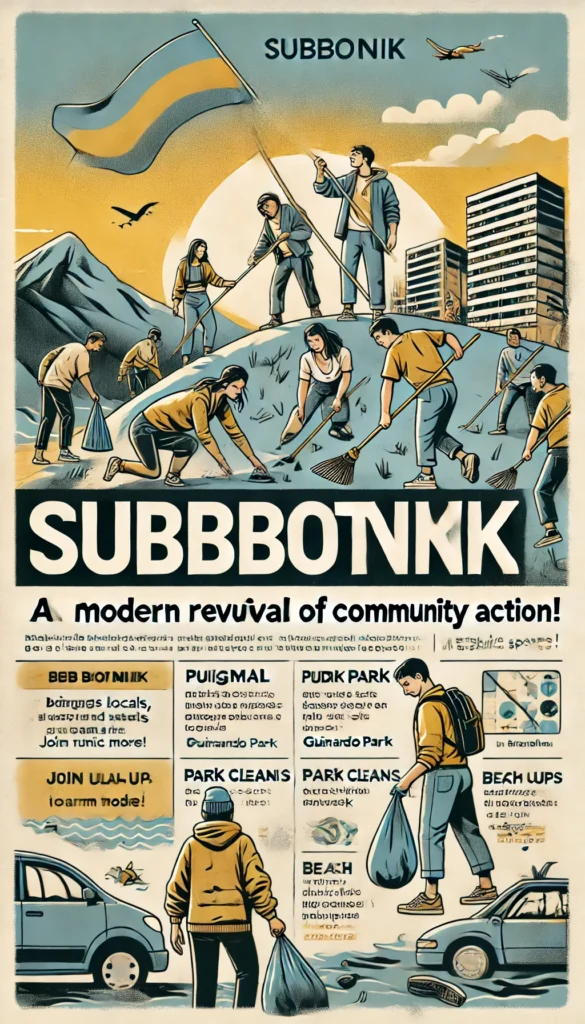
What is the Target Group?
The “Subbotnik” project primarily targets:
- Local Residents:
People living in Barcelona who are directly affected by urban environmental challenges and are interested in contributing to community well-being. - Migrants and Foreign Residents:
Individuals who bring diverse perspectives and experiences to the project, especially those who have already demonstrated active participation in waste management efforts. - Tourists:
Visitors who can benefit from learning about and participating in local sustainable practices, fostering cultural exchange and responsible tourism. - Community Associations and Social Entrepreneurs:
Local neighborhood associations (like those in Barceloneta or El Born) and individuals with a background in social impact work who can help amplify the project’s outreach and impact.
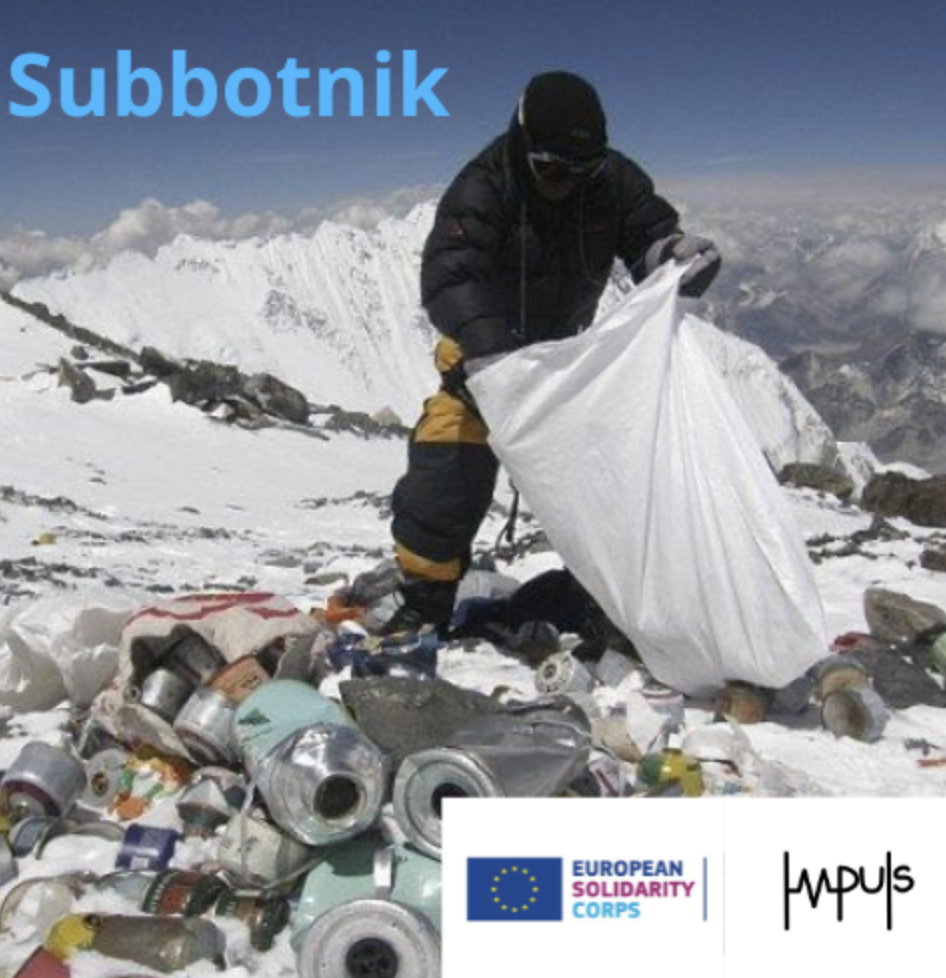
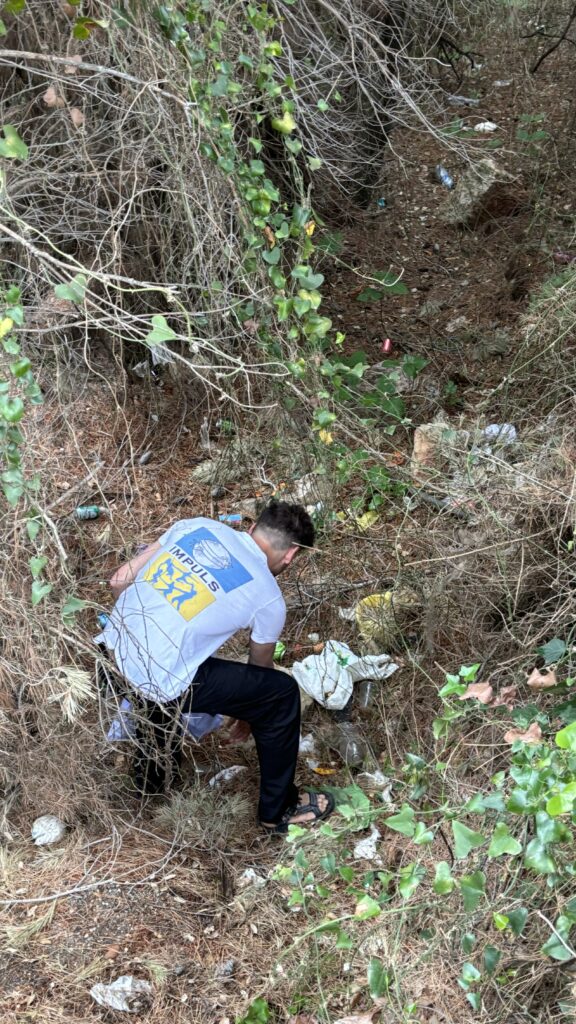

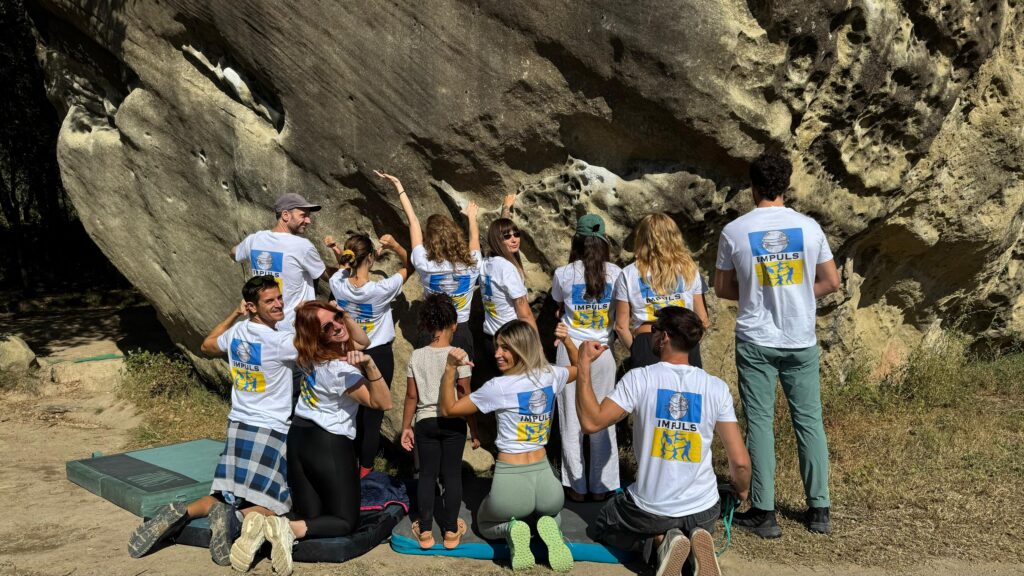
What are the Results?
The project achieved several tangible outcomes:
- Educational and Informative Impact:
- A dedicated website was launched featuring articles on sea pollution, the role of migrants in waste management, and waste collection systems in Barcelona.
- A detailed report on Barceloneta’s waste management and the impact of tourism was produced.
- Informational posters and flyers were designed, printed, and distributed throughout Barcelona, raising awareness on various environmental issues.
- Practical Environmental Impact:
- Multiple clean-up events were organized, including hikes in the mountains and clean-ups in local parks and on the beach.
- Approximately 70 participants were engaged across various activities, with each clean-up event contributing to a measurable reduction in local waste.
- A significant amount of trash was collected during these organized events, providing a visible improvement in the local environment.
- Community Engagement and Skills Development:
- The project not only improved environmental conditions but also fostered community spirit and social integration.
- Participants enhanced their skills in project management, teamwork, digital communication, and practical environmental stewardship.
- Local associations, social entrepreneurs, and experts (including PhD students and digital media professionals) supported and enriched the project, ensuring its success and sustainability.
- Long-Term Impact:
- The project has set the foundation for continued community-led environmental initiatives by creating resources (like the website and informational materials) that remain accessible after the project ends.
- By documenting the process and outcomes, “Subbotnik” has inspired further local actions and provided a replicable model for sustainable community engagement in Barcelona.
